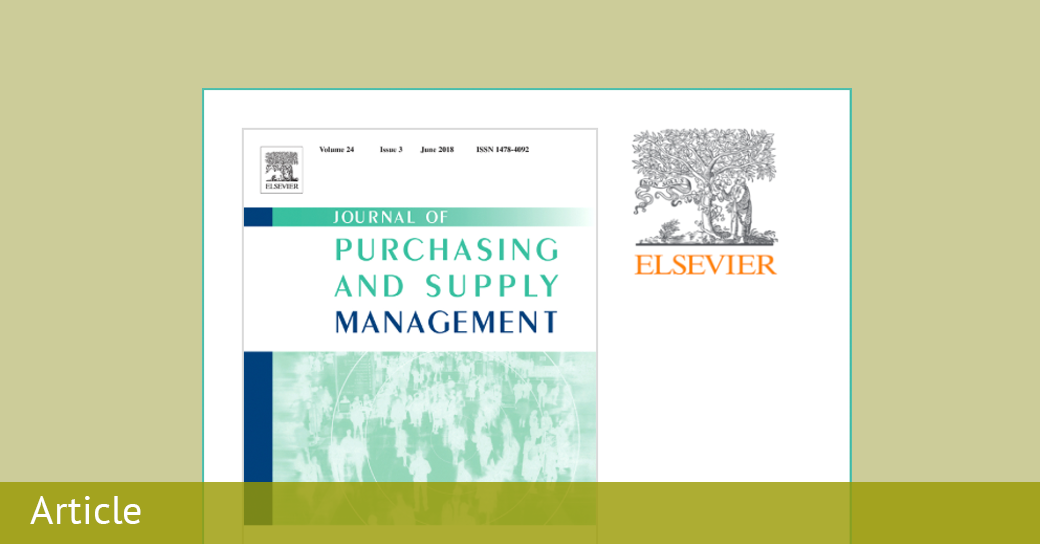Abstract: Product, information, and finance flows are all interrelated within the modern supply chain; thus, it is now more than ever of paramount importance for practitioners to integrate procurement and financial decisions. This challenge is exemplified in many agricultural supply chains, where operational risks are significant and access to capital differs sharply across firms. We study three management tactics that some large food/beverage manufacturers – situated downstream in these chains – have used to meet the challenge: ordinary fixed price contracts (or soft tolling) with direct suppliers, hard tolling and contract farming where the manufacturer intervenes upstream, providing capital, and coordinating procurement decisions. We place these upstream intervention schemes in the theoretical context of supply chain finance (SCF) and model their application to a three-echelon agricultural supply chain. We perform a numerical study in order to understand how the structure of capital constraints in the chain may influence the manufacturer’s choice of SCF scheme. The numerical study is based on a business case that reflects the barley–malt supply chain of Heineken N.V. Despite greater coordination opportunities, we show that upstream intervention is not necessarily preferable for the manufacturer. Nevertheless, the preferred SCF scheme can be inferred on the basis of relatively simple characterization of the capital constraints in the supply chain.
Matthijs van Bergen, Michiel Steeman, Matthew Reindorp, and Luca Gelsomino, “Supply chain finance schemes in the procurement of agricultural products“, Journal of Purchasing and Supply Chain Management, Available online September 11 2018. https://doi.org/10.1016/j.pursup.2018.08.003
To obtain this academic article: please contact us


